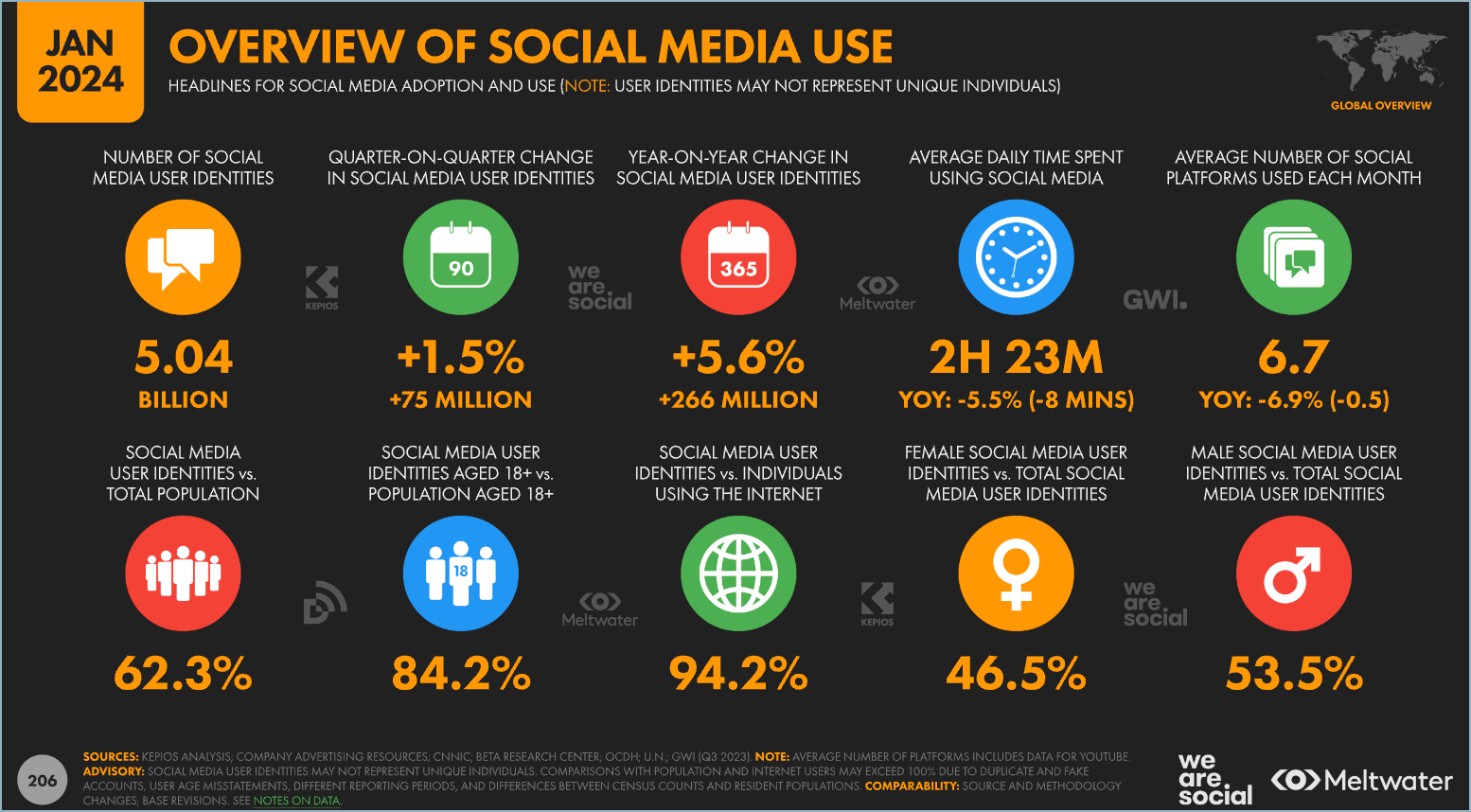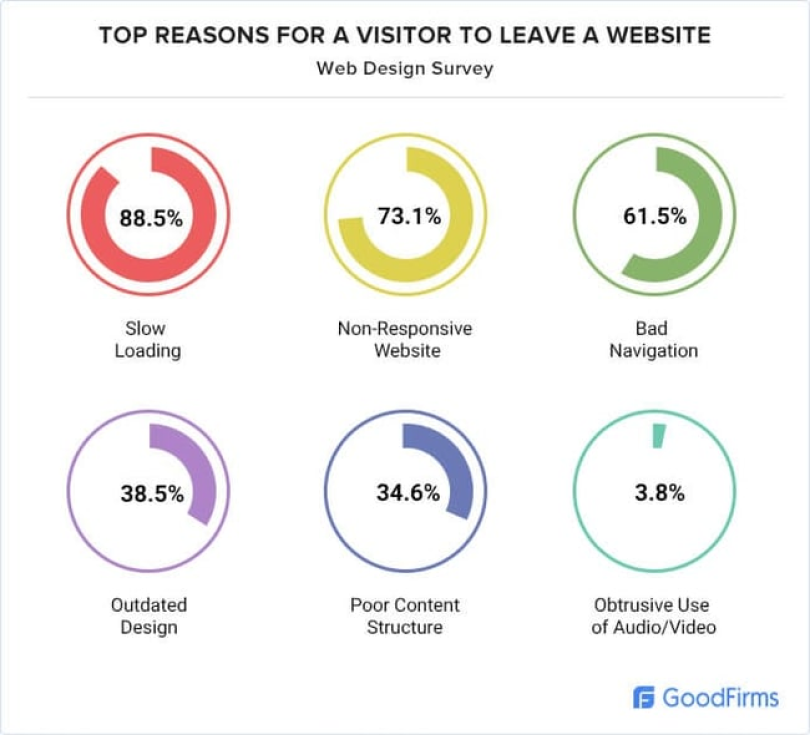Feeling overwhelmed by a stack of resumes and endless interviews for your digital marketing team?
An online digital marketing assessment can be your secret weapon for hiring success. This powerful tool goes beyond resumes and cover letters, diving deep to assess a candidate’s proficiency in key areas like SEO, social media marketing, content marketing, and analytics.
Wish to get a better idea?
Here’s a detailed blog with the essentials of digital marketing assessments to help you evaluate candidates better and create a strong team of digital experts.
Let’s get started.
What Is Digital Marketing Assessment?
A digital marketing assessment is a comprehensive evaluation tool used by businesses to measure a candidate’s proficiency and skills in digital marketing domains. It covers areas such as SEO, content marketing, social media management, analytics, and digital strategy planning. The assessment typically includes practical tasks, case studies, and theoretical questions to gauge the applicant’s expertise and ability to execute digital marketing strategies effectively.
Let’s check an example:
A company may give a digital marketing assessment test to candidates, which involves questions related to strategizing the campaign’s approach, pinpointing the target audience, and defining Key Performance Indicators (KPIs) to evaluate the campaign’s effectiveness, challenging applicants to apply their marketing acumen practically.
Why Is Digital Marketing Assessment Important?
With over 5.35 billion people using the internet globally, the digital landscape offers immense marketing potential. Digital marketing assessments are crucial for businesses in hiring because they objectively evaluate a candidate’s ability to navigate this vast digital space effectively.
These assessments ensure that the hiring process is merit-based, focusing on practical skills and strategic thinking required for digital marketing roles.
By identifying individuals who are proficient in SEO, content marketing, social media, and analytics, companies can build teams capable of driving digital strategies that align with consumer behaviors and market trends, thereby enhancing their online presence and competitive edge.
|
Find out how Zoho used ProProfs Quiz Maker to create a hassle-free assessment for new candidates. Read the full story. |
Key Areas of Digital Marketing Assessment
Some of the key areas of digital marketing assessment are as follows:
1. Website Assessment
Candidates need to demonstrate their ability to evaluate a website’s performance comprehensively, including its design, functionality, and user engagement metrics. You might assess this through questions that ask you to analyze website analytics reports or critique a website’s design based on best practices.
2. Traffic Engagement
The understanding of traffic engagement will be assessed by examining how they interpret visitor interaction metrics. This could involve quizzes that present the website analytics data, requiring them to identify trends and suggest optimizations to improve user engagement.
3. Demographic Assessments
They should be prepared to analyze demographic data to tailor marketing strategies effectively. Evaluations might include case studies where you’re asked to craft a targeted campaign based on specific audience demographics provided in a quiz format.
4. SEO Analysis
The SEO expertise is crucial, focusing on their ability to enhance website visibility and rank higher in search engine results. You can use quizzes that may challenge them to select the best keywords for a given scenario or to identify errors in a sample SEO strategy.
5. Paid Advertising ROI
Demonstrating your ability to manage paid advertising campaigns efficiently and measure your success through ROI is essential. They can be given a scenario in a quiz asking them to allocate a budget across different platforms to maximize ROI.
6. Accessibility Assessment
Assessing a website’s accessibility for users with disabilities is increasingly important. They could be tested on their knowledge of accessibility standards through quizzes that ask them to identify non-compliant elements in website designs.
7. Keyword Assessment
Their strategic approach to selecting and evaluating keywords for SEO and paid search campaigns will be examined. This might involve quizzes where they are provided with search volume data and competition levels, asking them to choose the most effective keywords for a campaign.
8. Social Media Assessment

(Image Source: Smart Insights)
The ability to leverage social media platforms for brand promotion is key. Assessments could include quizzes on best practices for engaging with users and analyzing social media metrics to gauge campaign success.
9. Competitor Assessment
Understanding how to conduct a comprehensive competitor analysis is vital. They might encounter quiz questions that require them to analyze competitor website data or social media activity to identify strategic opportunities.
10. Strategy Recommendations
Their capability to develop coherent digital marketing strategies based on data-driven insights will be under scrutiny. Scenario-based quizzes can challenge you to propose strategies for hypothetical businesses, taking into account various digital marketing elements.
11. Branding & Messaging
Maintaining consistent and engaging branding across digital platforms is crucial. Quizzes may test their understanding of brand identity principles by asking you to match messaging strategies with specific brand personas.
12. Content Strategy
They will need to show your ability to develop a content strategy that supports engagement and SEO goals. This could be evaluated through quizzes that present you with a scenario requiring a detailed content plan, including types of content, distribution channels, and metrics for success.
13. Social Media Strategy
Crafting effective social media strategies requires nuanced understanding. Quizzes and assessments could challenge them to create a social media calendar based on given objectives, target audience insights, and content themes.
14. Website Redesign

(Image Source: Hubspot)
Their knowledge of when and how to implement a website redesign is critical. They might be assessed through quizzes that involve evaluating a website and proposing a redesign strategy that addresses specific issues like user experience or mobile responsiveness.
15. User Experience
Demonstrating a deep understanding of UX design principles is essential. Employers may use quizzes to test their knowledge of usability testing methods or how to apply user-centered design practices to enhance the overall user experience.
Read More:How to Use Online Testing to Change Your Recruitment Game
Major Benefits of Digital Marketing Assessments
Digital marketing assessments are critical tools for businesses looking to hire skilled professionals in the digital marketing domain. They offer a structured way to evaluate the knowledge, skills, and capabilities of potential hires.
Here are the major benefits of using digital marketing assessments, especially when leveraging quiz makers for the process:
Objective Evaluation of Skills
Digital marketing assessments provide an objective way to measure a candidate’s knowledge and skills. By using standardized tests and advanced proctoring methods, companies can ensure a fair evaluation process for all applicants, reducing bias and subjective judgment.
Identifying Specific Strengths and Weaknesses
Assessments allow businesses to pinpoint specific areas of strength and weakness in a candidate’s digital marketing abilities. This includes knowledge of SEO, content marketing, social media strategies, and more. Quiz makers can design assessments to cover a broad range of topics or focus on specific skills.
Efficiency in the Hiring Process
Using digital marketing assessments can significantly speed up the hiring process. You can use assessment tools, such as quiz makers, which enable quick creation and distribution of assessments, allowing for rapid gathering of candidate performance data. This helps in making faster hiring decisions without compromising on the quality of hires.
Customization and Scalability
These assessments offer the ability to customize assessments to align with the specific needs of a business or role. Whether it’s a focus on creative content creation, analytical skills in campaign management, or technical knowledge in SEO, assessments can be tailored accordingly. Moreover, they can easily scale, accommodating a large number of applicants without additional cost or time.
Benchmarking and Consistency
Digital marketing assessments help establish benchmarks for the required skill levels within the organization. This ensures consistency in the hiring process over time, even as the digital marketing landscape evolves. You can use digital tools to get analytics and reporting features, allowing you to track and adjust these benchmarks as needed.
Remote Assessment Capability
The digital nature of these assessments means they can be administered remotely, making it easier to attract and evaluate talent from a wider geographic area. This is especially beneficial in the digital marketing field, where remote work is common.
Validation of Practical Skills
Beyond theoretical knowledge, some quiz makers allow for the inclusion of practical tasks, such as creating a sample marketing campaign or analyzing performance data from a case study. This provides insight into how a candidate applies their knowledge in real-world scenarios.
Read More: Benefits of Online Assessments for Learning & Hiring
FREE. All Features. FOREVER!
Try our Forever FREE account with all premium features!
How to Create a Digital Marketing Assessment
Creating a digital marketing assessment for hiring purposes involves designing a process that evaluates candidates’ competencies, creativity, and strategic thinking in digital marketing.
Here are the steps and key components to consider:
1. Define the Objective
- Clarify Roles and Skills: Clearly define the digital marketing roles you are hiring for and list the specific skills and competencies needed. This could include SEO, content marketing, social media management, email marketing, data analysis, etc.
- Identify Key Performance Indicators (KPIs): Determine what success looks like for the role. For example, for a content marketing role, KPIs might include traffic growth, engagement rates, or lead generation.
2. Design the Assessment Structure
- Multiple Components: A comprehensive assessment should include a mix of theoretical questions, practical exercises, and case studies to evaluate candidates’ knowledge, skills, and strategic thinking.
- Theoretical Questions: These could include multiple-choice questions, true/false questions, or short answers to assess understanding of digital marketing principles and tools.
- Practical Exercises: Assign tasks that mimic real-world scenarios, such as creating a content calendar, drafting an email marketing campaign, or developing a keyword strategy for SEO.
- Case Studies: Present candidates with a marketing challenge and ask them to develop a strategy or solution. This tests strategic thinking and the ability to apply knowledge in practical contexts.
3. Evaluate Creativity and Innovation
- Scenario-Based Questions: Include scenarios that require candidates to think creatively and propose innovative solutions to digital marketing challenges.
- Portfolio Review: If applicable, review candidates’ previous work or portfolios to assess creativity and effectiveness in past projects.
4. Assess Analytical Skills
- Data Interpretation: Include exercises that require candidates to analyze marketing data and draw insights. This could involve interpreting campaign metrics, analyzing website traffic data, or evaluating social media engagement.
- Decision-Making Questions: Ask how candidates would make decisions based on certain data sets, testing their ability to use data in strategic planning.
5. Test for Cultural Fit and Soft Skills
- Personality and Cultural Fit: Include digital marketing assessment questions or psychometric test scenarios that help assess whether the candidate’s values and work style align with the company culture.
- Communication Skills: Evaluate candidates’ ability to communicate effectively, both in writing and verbally. This can be critical for roles that involve content creation or team collaboration.
6. Use Tools and Platforms
- Simulation Tools: Utilize digital marketing course platforms or simulation tools where candidates can demonstrate their skills in a controlled environment.
- Realistic Platforms: Consider using actual digital marketing SWOT analysis and tools (e.g., Google Ads, Hootsuite) for practical tasks, if possible.
7. Feedback and Continuous Improvement
- Candidate Feedback: Ask candidates for feedback to improve the process after the assessment and even offer them feedback on their performance.
- Review and Iterate: Regularly review the assessment’s effectiveness in selecting the right candidates and update it based on evolving digital marketing trends and skills.
8. Security Considerations
- Security: Ensure the assessments are absolutely secure and held in a proctored and cheating-free environment.
- Confidentiality: Maintain confidentiality of candidates’ responses and personal information.
No doubt, a well-structured digital marketing assessment should be comprehensive, balancing theory with practical application, and tailored to the specific needs and goals of your business.
Watch: How to Create an Assessment Online
Implementing Digital Marketing Assessments through Quiz Makers
- Selecting the Right Tool: Choose a test maker that offers the flexibility, customization options, and analytical capabilities needed for comprehensive assessments.
- Designing the Assessment: Create a balanced mix of questions that cover both theoretical knowledge and practical skills relevant to the specific digital marketing roles.
- Benchmarking and Analysis: Utilize the data analysis features of quiz makers to establish benchmarks for candidate performance and refine the assessment process over time.
- Integration with Recruitment Workflow: Ensure that the assessment tool integrates seamlessly with your existing recruitment software to streamline the process from candidate application to final hiring decision.
Watch: How to Choose the Best Quiz Software
Unlock the Power of Digital Marketing Assessments in Hiring
To sum up, digital marketing assessments are invaluable tools for businesses aiming to enhance their hiring process. They not only identify candidates with the right skills and mindset but also ensure a strategic fit with the company’s digital marketing objectives, thereby streamlining recruitment and fostering a competent digital marketing team.
You can use a robust tool like ProProfs Quiz Maker, which has a user-friendly interface to craft quizzes tailored to your specific needs. It has 100+ customizable quiz templates, supports 15+ question types, real-time analytics, and smart integration capabilities.
Leverage these tools to ensure you’re bringing on board not just skilled individuals but those who truly align with your digital marketing vision.

 We'd love your feedback!
We'd love your feedback! Thanks for your feedback!
Thanks for your feedback!







